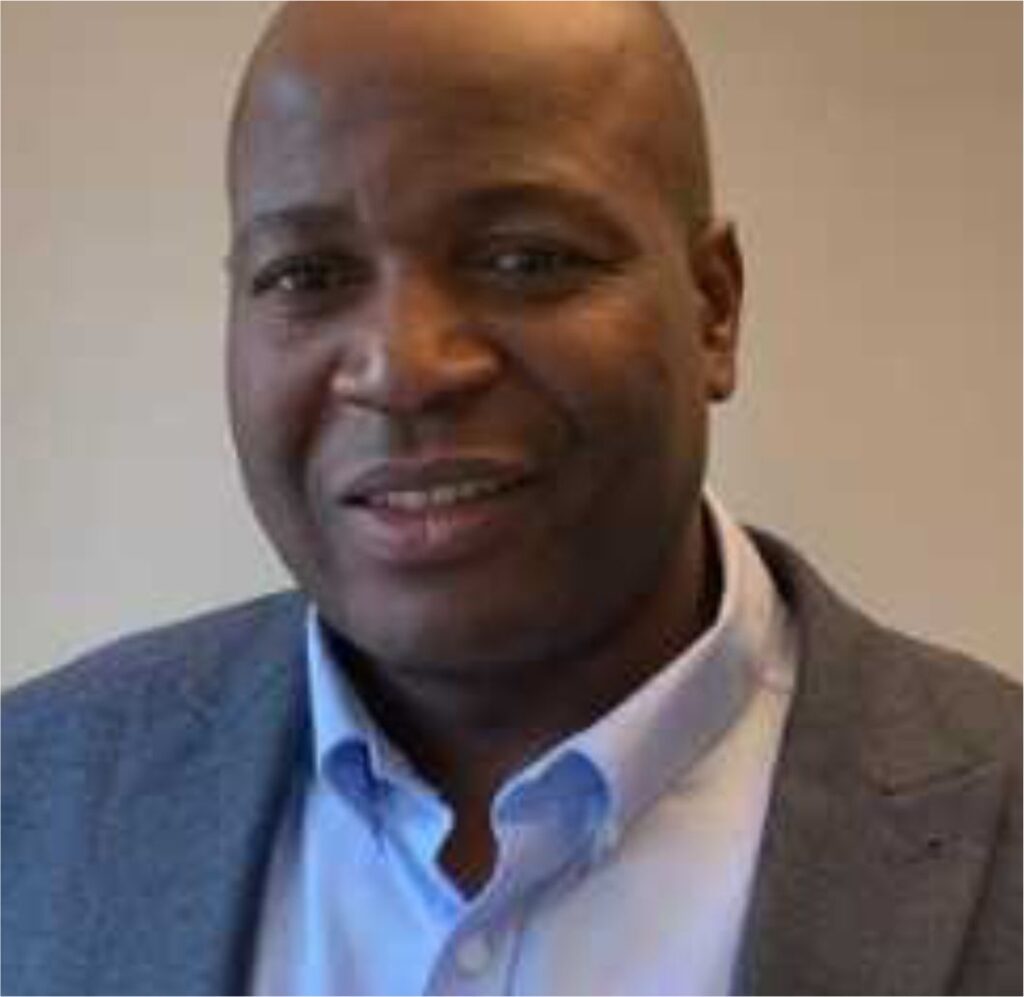Overview of the Certificate in Responsible Leadership
This 2-Hours per week and 12 weeks programme is delivered once a year targeted at academics, non-academics, and professionals (at lower, middle, senior positions) at higher education institution, government agencies, NGOs, private and public organisations.
Who to attend:
Anyone from Junior, Middle and Senior Academics & Professionals (Nigerian Universities, Polytechnics and Colleges of Education, NGOs and education agencies).
Cost:
Free to participate
Please amend to Women in Higher Education Leadership (WIHEL): A partnership between University of Lincoln, UK; African Development Institute of Research Methodology (ADIRM), Nigeria; and Office of Committee of Vice Chancellors of Nigerian Universities. The project is funded by British Council – Gender Equality Partnership programme.
Facilitators:
UK and Nigerian Consultants/Trainers
Course Details
Course 1:
Responsible Leadership Practices and SDG5 Gender Equity
Aim:
Explore principles and processes of Responsible Leadership.
Objectives:
To understand the World Economic Forum 5 Pillars of Responsible Leadership; identify best practices through case study analysis; examine the nexus between SDG5 (Gender Equity) and Responsible Leadership; explore opportunities for Responsible Leadership in the Nigerian HE context. Participants will learn how policies can be informed by principles of responsible leadership; review their own practice in relation to responsible leadership behaviours.
Course 2:
Creating a Diverse and Inclusive Working Environment
Aim:
To address key issues for personal growth for women in leadership in higher education.
Objectives:
This workshop aims to equip participants with knowledge and techniques on how to create a more harmonious workplace by increasing employee’s knowledge and awareness of cultural differences while delivering information about how a person can change their behaviour to be more inclusive. Participants will explore how to build a culture of inclusion and inclusive leadership; learn how to overcome implicit bias; learn how to increase cultural sensitivity and intelligence amongst different cultures.
Course 3:
Personal Growth & Leadership Development
Aim:
To provide an overview of some of the key drivers of leadership development.
Objectives:
To enable participants appreciate and understand important motivators for leadership endeavour- Values and Purpose and how these can influence your workplace.
Course 4:
Equity, Diversity and Inclusion (EDI) Policies and Practices linked to SDGs
Aim:
To explore the role of Higher Education in challenging inequities: culture, policies and practices.
Objectives:
To critically examine the contemporary role and implications of Equality, Diversity, and Inclusion in HE in connection with SDGs 4, 5, 10 and 16.
Course 5:
Developing an Entrepreneurial Mindset and Leadership Skills
Aim:
To approach your leadership growth and development in an enterprising way
Objectives:
This workshop enables participants to apply entrepreneurial thinking and practices to leadership design, development and implementation, with a view to planning for positive change.
Course 6:
Self-Leadership Practices
Aim:
To develop action research orientation to your leadership practice.
Objectives:
This session will enable participants to identify key learning goals to support their development as a leader. They will utilise new feedback skills and approaches to leadership.
Course 7:
Making Decisions and Taking Risks
Aim:
To equip participants with systematic framework to make smarter decisions and take risk.
Objectives:
This train-the-trainer workshop enable participants to learn tools and techniques that they can pass on to their institution. Participants will distinguish between different decision-making models; Develop competencies to make more informed decisions and lead change; Learn different tools and techniques to make better decisions.
Course 8:
Communicating – Influencing and Persuading
Aim:
To equip participants with tools and techniques that they can use to effectively communicate, influence and persuade.
Objectives:
This train-the-trainer workshop will enable participants to learn tools and techniques that they can pass on to their institution. Participants will develop a set of pragmatic communication techniques; learn how to flex their individual communication style to influence people with different arenas; explore the purpose and benefits of persuasion and learn how to use a range of approaches to persuasion.
Course 9:
Managing Others – Coaching and Mentoring
Aim:
To provide an overview of the coaching and mentoring field and to experience a coaching approach in your conversations.
Objectives:
This train-the-trainer workshop enable participants to develop a better understanding of the differences between coaching and mentoring. They will gain practical skills to start coaching conversations that enable the development of coaching and mentoring scheme within their institutions.
Course 10:
Managing Change
Aim:
To understand key drivers and principles informing change agendas and to engage and support colleagues through changes in your workplace.
Objectives:
Participants will have a better understanding of change dynamics, principles and approaches. You will also start to explore the change dynamics affecting stakeholders with a view to better engagement for change.
Course 11:
Teams and Team Leadership
Aim:
To provide an overview of key team development models.
Objectives:
Participants will learn how to apply practical tools to support the development of their team, with a view to better collaboration, understanding joint purpose and improving delivery.
Course 12:
Towards a new model of Transformational Leadership
Aim:
To explore the process whereby leaders engage with and influence others – by paying attention to their needs, raising their motivation, and providing an ethical and social responsibility framework for decisions.
Objectives:
This workshop will enable participants to explore four factors to transformational leadership, (also known as the “four I’s”): idealized influence, inspirational motivation, intellectual stimulation, and individual consideration towards supportive leadership.
Course 12:
Towards a new model of Transformational Leadership
Aim:
To explore the process whereby leaders engage with and influence others – by paying attention to their needs, raising their motivation, and providing an ethical and social responsibility framework for decisions.
Objectives:
This workshop will enable participants to explore four factors to transformational leadership, (also known as the “four I’s”): idealized influence, inspirational motivation, intellectual stimulation, and individual consideration towards supportive leadership.
University of Lincoln
Project Leads and Consultants
Dr Hilary Duckett
Associate Professor in Leadership – Lincoln International Business School, University of Lincoln, UK.
Dr Hanya Pielichaty
Associate Professor, Director of Student Inclusion at Eleanor Glanville Institute, University of Lincoln.
Prof. Eunice Seekoe
Deputy Chair of National Entrepreneurial Development in Higher Education (EDHE)
Magda Read
Lecturer in Organisational Behaviour and Management, Lincoln International Business School, University of Lincoln.
Dr Herbert Mapfaira
Senior Lecturer and Programme Leader for BA (Hons) Business Studies at the Department of Management, Lincoln International Business School, University of Lincoln.
Abiola Akinsola-Obatolu
PhD Researcher and Associate Lecturer at the University of Lincoln, UK.
Miss Rebecca Emeordi
PhD researcher in the Department of Management at Lincoln International Business School, University of Lincoln.

Bridging the gap in participation of women in Senior Management positions in the Nigerian Higher Education.










